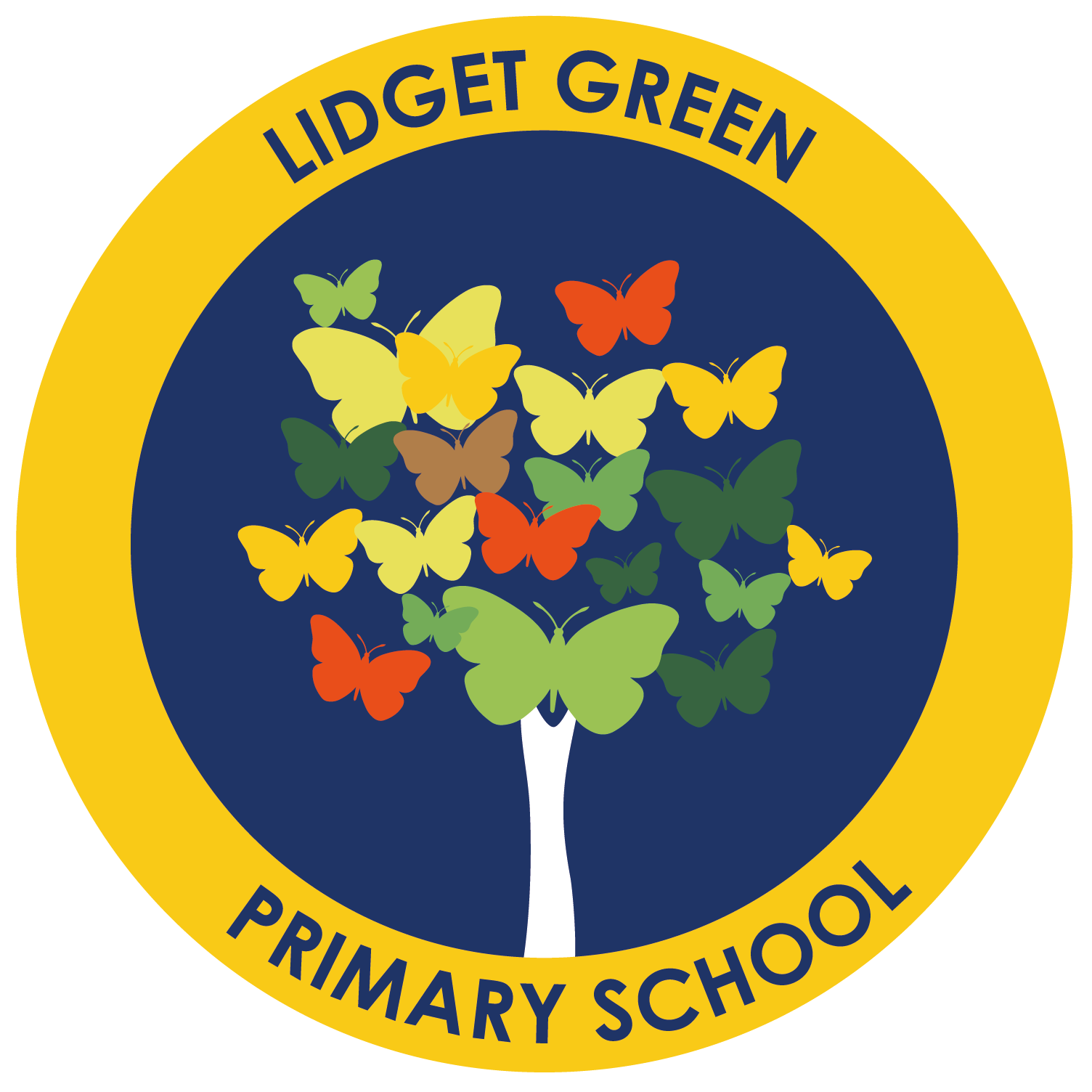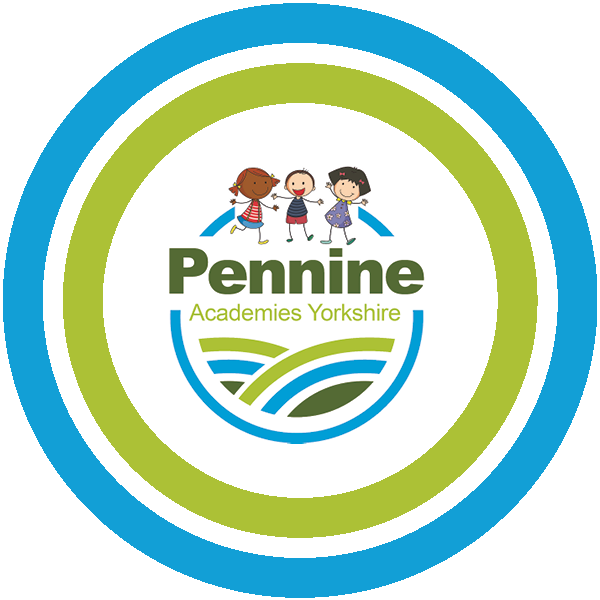Pupil Leadership
School Council
Intent
At our school, the School Council plays a vital role in nurturing active, responsible, and engaged young citizens. Through this initiative, we aim to develop pupils’ understanding of democracy, leadership, and the importance of having a voice within their community.
We want every child to understand that their ideas and opinions matter, and that they can effect change both within school and beyond. The School Council promotes key life skills such as communication, collaboration, empathy, problem-solving and critical thinking. These skills support their broader personal development and prepare them for secondary education and future roles in society.
Inclusivity is at the heart of our approach. We ensure that every child has an equal opportunity to be involved in decision-making processes, either as elected representatives or through participation in class discussions and activities.
Implementation
The School Council is made up of elected representatives from each class, who meet regularly with the School Council Lead, Mrs Clayton. Pupils nominate themselves and are voted for by their peers in a democratic process, which reflects British Values and encourages responsibility and participation.
As Subject Leader, Mrs Clayton oversees the planning and delivery of School Council activities across the academic year. This includes:
-
Organising regular meetings with clear agendas and follow-up actions.
-
Supporting teachers in holding class discussions and elections.
-
Providing leadership opportunities for Council members such as chairing meetings and leading school-wide projects.
-
Ensuring consistency and inclusivity, so all year groups can participate meaningfully.
We also promote the School Council's work through displays, assemblies and ClassDojo updates to raise its profile across the community.
Impact
The impact of the School Council is seen in both the personal development of pupils and the tangible changes made in the school environment. Through active participation, children build confidence, improve communication skills, and develop a strong sense of responsibility and inclusion.
Recent School Council projects have included:
-
Taking part in the Great British Spring Clean, where pupils engaged in litter-picking to help care for our school grounds.
-
Visiting City Hall to gain a deeper understanding of local government and democracy in action.
-
Improving playtimes: School Council members gathered feedback from their peers across the school about how playtime could be improved. After collecting and discussing the suggestions, they created a list of new resources to enhance playtime experiences. These resources have now been ordered, and the whole school is looking forward to using them.
-
Clean Air Champion Project: As part of our commitment to environmental awareness, School Council has partnered with Asthma + Lung UK to monitor local air pollution levels. Pupils took part in gathering data and are currently awaiting the results, which will help them better understand the impact of air quality and what can be done to promote cleaner, healthier environments.
We assess the effectiveness of the School Council through:
-
Feedback from pupils, both formally and informally.
-
Reflections on projects completed or improvements made based on pupil voice.
-
Observations of pupil engagement during meetings and school events.
-
Reports to senior leaders summarising key outcomes and recommendations from the Council.
Children leave their role as School Counsellors with a sense of achievement and the knowledge that they can contribute to society in meaningful ways. The School Council helps build a culture of respect, collaboration and shared ownership of our school community.
House Captains
We launched a new House system in September 2024. All children are allocated to a house when they join the school: Rashford, Darwin, Luther, Armstrong (see our Houses page for more information). The House Captains were elected via a pupil vote, following speeches from candidates about how they would approach the role. The House Captains are from Year 6 and the Vice Captains are from Year 5.
1. Leadership and Role Model
-
Setting an example: House Captains are expected to be role models for their peers, demonstrating positive behaviour, responsibility, and respect in all aspects of school life. This includes showing good conduct in class, at sports events, and during extra-curricular activities.
-
Leading by Example: They are often expected to show leadership skills by encouraging their peers to participate in house events, supporting team activities, and helping others when needed.
2. Representing Their House
-
House Representation: House Captains represent their house in school activities, sports days, and competitions. They are the voice of their house and may be asked to speak or lead their house team at school assemblies or in meetings with staff.
-
Encouraging Participation: They motivate pupils within their house to take part in various activities, such as sports events, quizzes, talent shows, and charity events. Their role is to inspire house members to get involved and work together as a team.
3. Organizing House Events
-
Planning and Coordinating Activities: House Captains may help organise or coordinate house events and activities. This could include sports days, talent shows, or fundraising events. They often assist teachers in setting up and ensuring that all house members know when and where events are taking place.
-
Facilitating Friendly Competition: House Captains are often involved in creating a sense of friendly competition between the houses, ensuring that everyone participates in a fun, fair, and supportive way.
4. Supporting Teamwork
-
Building Team Spirit: House Captains foster a sense of teamwork and camaraderie among their house members. They encourage students to support one another and work together towards common goals, helping to build unity within their house.
Playground Leaders
Playground leaders play an important role in promoting positive behaviour, inclusivity, and active play during break times. They are trained by the Living Well Schools programme to support children during playtimes, ensuring that the playground is a safe, enjoyable, and organised space for everyone.
Here are the key roles and responsibilities of playground leaders in our school:
1. Encouraging Active Play
-
Promote Physical Activity: Playground leaders encourage younger children to engage in active play and physical games, helping them stay engaged and active during break times.
-
Organise Games: They often lead or help organise games such as tag, football, skipping, or other group activities, making sure that everyone can participate and enjoy themselves.
2. Supporting Social Interaction
-
Facilitating Inclusive Play: Playground leaders help ensure that all children are included in activities, particularly those who might feel left out or unsure about joining in. They encourage children to work together, build friendships, and create a positive social environment.
-
Conflict Resolution: They help resolve minor disputes or disagreements between children, using conflict resolution skills to maintain harmony and ensure all children are respectful of one another.
3. Being Role Models
-
Demonstrating Good Behaviour: Playground leaders are expected to be role models for positive behaviour, showing kindness, patience, and respect to others. They set a good example for children, promoting school values and appropriate conduct during playtime.
-
Promoting Safety: They help maintain a safe environment by ensuring that children play safely, follow playground rules, and avoid any risky behaviour that could result in accidents.
4. Encouraging Creativity and Imagination
-
Creative Play: Playground leaders often lead children in imaginative games or activities, helping them to be creative and use their imagination. This could involve setting up structured activities or suggesting new ideas for games.
-
Resource Management: They may also help manage and distribute playground equipment, such as balls, skipping ropes, or hoops, ensuring all children have access to equipment and understand how to use it properly.
5. Providing Emotional Support
-
Supporting Children Who Feel Isolated: Playground leaders are trained to notice when a child is feeling lonely or upset and provide comfort or encourage them to join in with others. They act as mentors for children who might be shy or anxious during break times.
-
Building Confidence: They help boost the confidence of quieter or more hesitant children by encouraging them to take part in activities and offering praise and support.
6. Encouraging Teamwork
-
Promoting Team Spirit: Playground leaders encourage children to work together as teams, especially in group games and sports. They help children understand the importance of cooperation, sharing, and teamwork.
-
Fair Play: They ensure that games are played fairly and that no one is excluded. They model good sportsmanship, promoting respect for others and understanding the rules of the game.
7. Supporting the Playground Staff
-
Liaising with Supervisors: Playground leaders may work alongside lunchtime supervisors or teachers, reporting any issues, accidents, or incidents that arise. They help the staff maintain a smooth and safe break time.
-
Monitoring the Playground: They assist with keeping an eye on the overall safety of the playground and alert staff if there are any concerns or if a child needs attention.
8. Promoting School Values
-
Encouraging Inclusion, Nurture and Respect: Playground leaders often work to reinforce the school’s core values. They help instill these values in pupils during playtimes.
-
Being Positive Role Models: As leaders, they demonstrate the positive behaviours expected from all pupils, contributing to a school-wide culture of inclusion and respect.
9. Supporting Children with Special Needs
-
Inclusive Support: Playground leaders may help ensure that children with additional needs feel included in activities, whether it’s providing extra help in a game or encouraging peer support and understanding.
-
Adapted Activities: They might also help adapt games or activities to be more accessible for children with physical or sensory challenges, ensuring everyone can participate.

